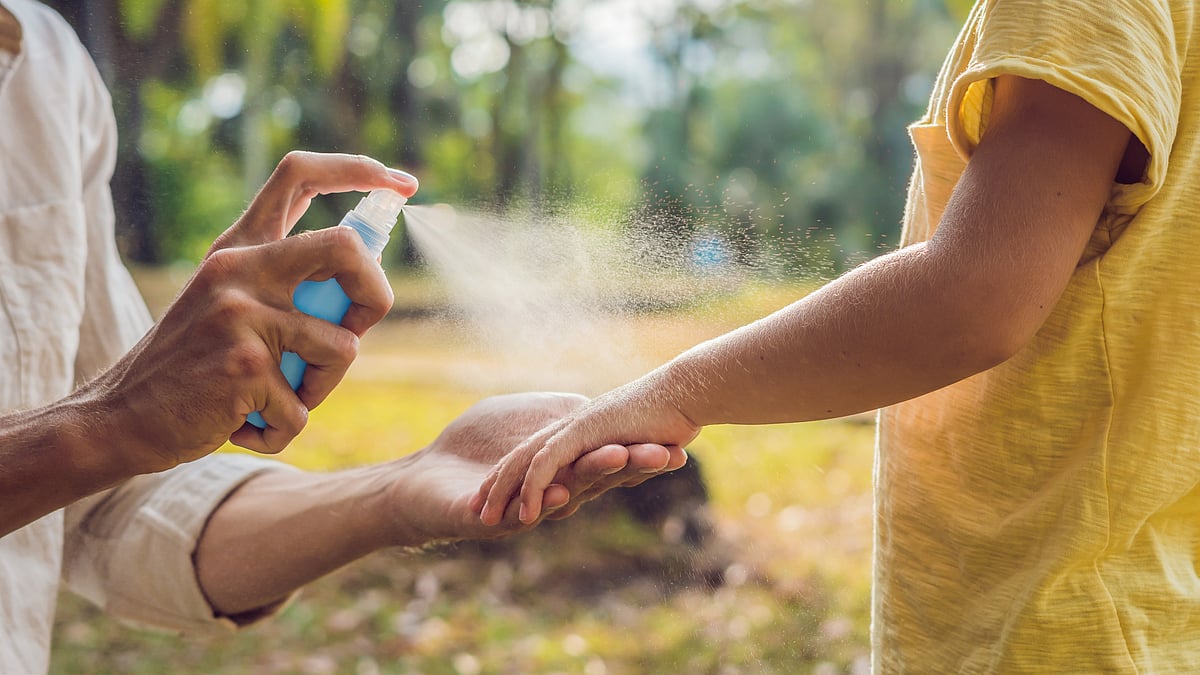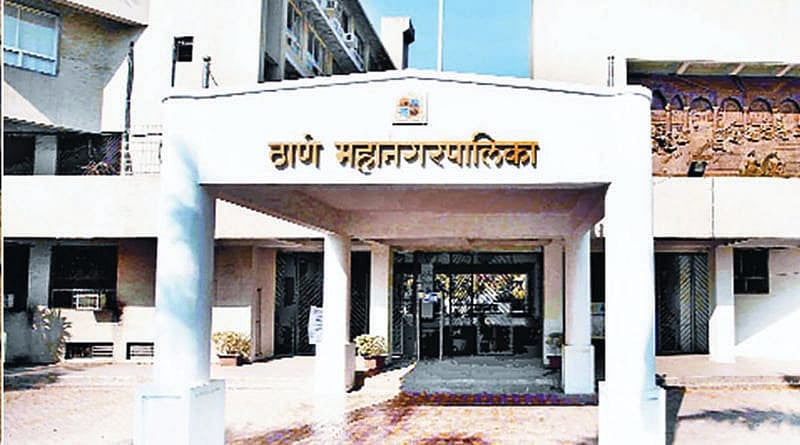This World Malaria Day let’s review Malaria infection a Protozoan disease transmitted by the infected Anopheles mosquitoes in the country declared by WHO. In India we see P Falciparum and P Vivax Malaria and the six species of genus Plasmodium cause nearly all Malarial infections in humans. While almost all deaths are caused by P Falciparum with occasional by P Vivax if not treated timely.
Malaria deaths in India declined from about 2,9500 in the year 2000 to about 7,700 in the year 2019. In India over the last two years reduction in malaria cases and deaths of 18% and 20% have been achieved the fight against malaria, over impressive gains noted by WHO.
India however still accounted for 88% of Malaria cases and 86% of Malaria deaths in the WHO South east Asia region in 2019. Among all communicable diseases, Malaria is the 3rd largest killer of children between the ages one month and five years.
On this world Malaria day, we should aim for Zero Mark on Malaria. While laudable goal, the global irradiation of malaria is not feasible in the immediate future because of the widespread distribution of anopheles breeding sites, the great number of infected persons, the continued use of ineffective anti malarial drugs and inadequacies in human and material resources, infrastructure, and control programs.
The call for and commitment to ultimate eradication of malaria by the Gates Foundation in 2007- seconded by Margaret Chan, Director General of WHO- added great impetus to malaria initiatives.
To achieve zero mark on malaria, simple measures to reduce the frequency of infected mosquito bites are very important. These measures include the avoidance of exposure to mosquitoes at their peak feeding times (usually dusk to dawn) and the use of insect repellent, suitable clothing and insecticide impregnated materials, widespread use of bednets treated with residual pyrethroids reduces the incidence of malaria in areas where vectors bites indoor at night.
It may be contained by rapid diagnosis, patient management, administration of intermittent preventive treatment, seasonal malaria chemoprevention, or chemoprophylaxis to high-risk groups such as pregnant women, young children, and travellers from non endemic regions and future development of vaccine.
(April 25 is observed as World Malaria Day every year)
(The writer is a Consulting Physician, Global Hospitals, Mumbai




